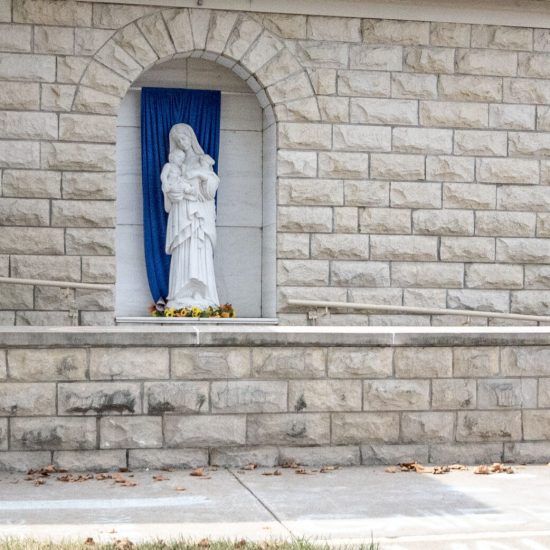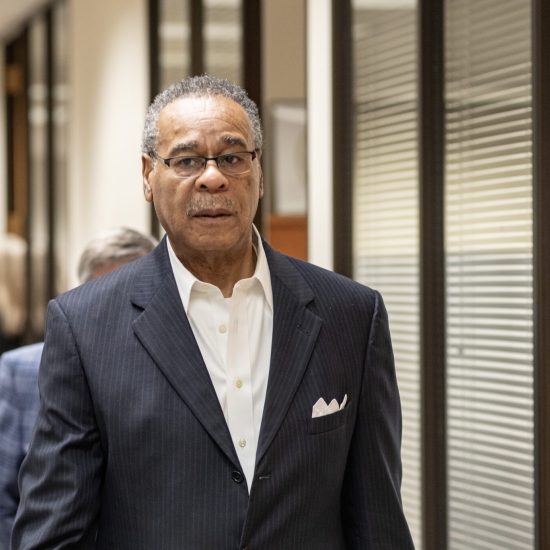What has happened to the Missouri Baptist Convention?
 Bob Perry
Bob Perry
I get that question often from family, friends and folks in the churches. Some of them know that I was active in the Missouri Baptist Convention during parts of three decades in the ’60s, ’70s, and ’80s. (I served as vice president of the convention in 1982-83.) People want to know when and how the convention came to be characterized by the firing of good people, the exclusion of churches and lawsuits against fellow Baptists.
My best way of answering is to say that there has been an enormous shift in the core values of the Missouri Baptist Convention. For the past 20 years, I have studied church and denominational values. In 1991, I published a book on the subject. I have assessed the core values of well over 100 churches and denominational organizations scattered throughout the United States. Core values are so extremely important because they determine the decisions and actions of any organization.
Our true core values are not necessarily those we claim or those to which we aspire. The real values of a group show up in:
- How they spend their time;
- How they spend their money;
- What they talk and write about;
- What dominates the agenda when they meet;
- The public statements they release; and
- The leadership they select.
Very often, after we do the research and inform churches about their actual, true core values, they are not happy to hear that reality. They would like to believe that they value evangelism, missions, the Bible, serving the community, concern for the lost, etc. But often, their actual values are such things as: their building, their traditions, and their own comfort and convenience as church members.
Obviously, most churches and denominational groups don’t want to believe that these are their values, but they will never move to a more biblical set of values until they acknowledge the painful reality of their current nature. Their first reaction to being confronted with their own values is often denial. Confession and repentance would be required to bring them back to spiritual vitality.
My knowledge of the Missouri Baptist Convention, as it once was, is based on my involvement in it during the years the convention was led by Rheubin South and the early years of Don Wideman. Then, I saw the convention as having the following core values:
1. Church growth. There were many efforts and programs promoted to help churches to grow and be more effective. These efforts dominated the communication channels.
2. Evangelism. The Convention invested in evangelism training such as WIN, CWT, etc., and these programs were made accessible to all interested churches.
3. Good-natured dissent. The convention had its disagreements from time to time, but there was a general acceptance of one another and a unity around basic principles and beliefs. There was a respect for the priesthood of the believer and the autonomy of the church.
4. Statesmanship. The convention valued leaders who were peacemakers and bridge builders. I recall leaders like Paul Swadley, Jim Jeffries, Dick Cole, Tom Field, Jim Joslin, Melvin Hill, Max Morris, O. A. Winscott, Mac Douglas and T. T. Crabtree.
5. Humor. I remember a Missouri Baptist Convention where there was much laughter and where tense moments were often lightened by a good joke or clever quip.
I turn to the Missouri Baptist Convention as it reveals itself in 2005. These observations are based on what is printed in the Pathway, what the convention spends its time and money doing, actions taken at annual meetings, etc. The prevailing core values of the Missouri Baptist Convention appear to be:
1. Control. The lawsuits are about control and the insistence on exercising complete control over every institution that serves Missouri Baptists. Partnership and cooperation cannot be envisioned as a collaboration of equals; the relationships must be over/under relationships with the convention in total control.
2. Conformity. This convention requires total conformity to its rules and regulations, even as it changes the rules and tightens the regulations. The attitude is that any church or individual that does not completely conform to the convention’s will is not welcome and will be literally excluded from the fellowship. Churches that have been faithful supporters of the convention’s work for over a century are being kicked out. And the convention leadership’s attitude toward the loss of these churches is, “Good riddance!”
3. Strident leadership. Statesmanship has no place. Efforts at compromise and reconciliation are rebuffed. The most angry and accusing leaders are the most applauded and promoted. To disagree with them is to have the validity of your faith and your relationship with Christ questioned.
4. Harsh rhetoric. Can anyone question that the tone and spirit of discussion has changed within the Missouri Baptist Convention? The language used and the actions taken are in direct contrast to the things Jesus prayed for his followers in John 17 and the things Paul taught in I Corinthians 13.
This is not an appeal for a return to “the good old days.” Neither is it “sour grapes” about different people being in charge of the convention. I don’t care who the personalities are who occupy the positions of power. But I do care that the convention and its leaders have abandoned the core values that made it a positive influence for Christ and a servant to churches.
We all have the responsibility to evaluate whether the groups we support show values and actions that are worthy of that support.
Bob Perry is senior consultant for Organizational Health Associates in Willard.
This column originally appeared in February 2005.






